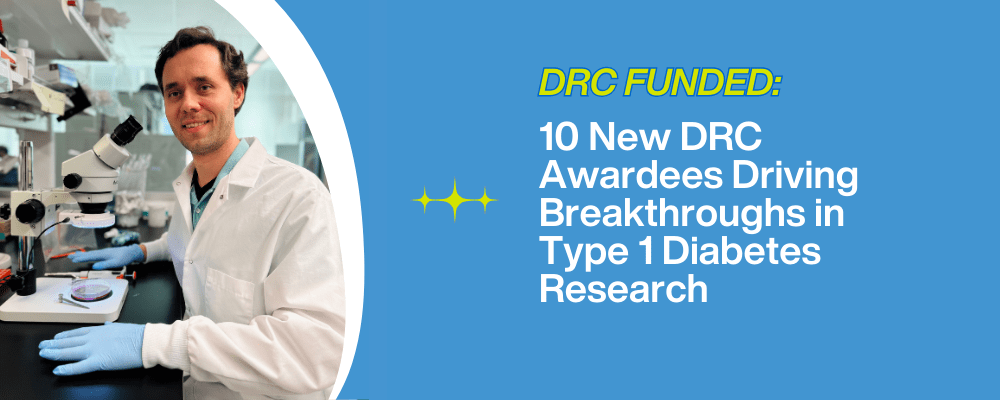Maintaining good glycemic control is challenging when living with type 1 diabetes. Individuals must carefully monitor their blood glucose levels throughout the day, then administer the appropriate amount of insulin to try to stay within target range. This can be more difficult than it sounds. Furthermore, many people with type 1 diabetes struggle with their blood sugar dropping overnight while they are asleep.
Patients living in the UK may have access to a new artificial pancreas app that takes away some of the stress and burden of constant blood sugar management. The CamAPS FX app works in conjunction with the Dana RS insulin pump and the Dexcom G6 continuous glucose monitor. Using a complex algorithm, the app tracks blood glucose levels, then automatically adjusts insulin administration accordingly. This reduces the demand for regular finger sticks to check blood sugar, and patients do not need to calculate how much insulin they require on their own.
The app has been approved in the UK for individuals age one and older, including pregnant women, who have type 1 diabetes. It was developed based on 13 years of clinical research conducted by Professor Roman Hovorka from the University of Cambridge and Cambridge University Hospitals NHS Foundation Trust and his team at the Wellcome-MRC Institute of Metabolic Science. In addition, data from the app can be shared with patients’ healthcare teams allowing them to provide more personalized diabetes care.
Technology has made some significant advancements in type 1 diabetes care, and this is one more example of how it can impact management of the disease and improve health outcomes. Artificial pancreas technology is an area that researchers have been focused on improving over the years in order to give patients more options and reduce the burden of managing the disease.
Diabetes Research Connection (DRC) is excited to see more results from use of the app and what it could mean for future diabetes management, not just in the UK but around the world. Currently the app is only available to patients at select diabetes clinics in the UK. Though not involved with this project, the DRC is committed to advancing diabetes research to help prevent and cure type 1 diabetes, minimize complications, and improve quality of life for those living with the disease. Early-career scientists can receive up to $50K in funding to support novel, peer-reviewed research projects. To learn more about current studies and contribute to these efforts, visit http://localhost/drc.




